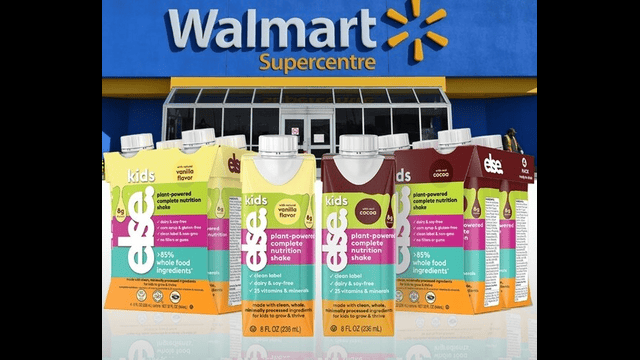
A food chart promoting healthiness facilitates mindful decisions concerning your dietary selections. (IStock)
For college students, maintaining a healthy diet can be challenging amidst the allure of indulgent cravings and busy schedules. Exploring various cuisines and foods with friends becomes a significant part of the college experience, making it important to strike a balance between enjoying these cravings and ensuring proper nutrition. While it may seem daunting to navigate healthy eating habits with a hectic schedule, creating a personalized healthy food chart can serve as a helpful guide in making informed dietary choices throughout college.
Crafting a healthy food chart offers numerous benefits, primarily fostering mindfulness in food choices. Often, college students grapple with unhealthy eating patterns due to the ease of ordering food or the availability of tempting snacks from street vendors around campus. A personalized food chart provides a clear roadmap, aiding in distinguishing between healthier options and making smarter food choices.
The importance of a healthy food chart is underscored by its role in maintaining a balanced diet, starting with a nutritious breakfast. Acknowledged as the most vital meal of the day, a well-rounded breakfast comprising proteins, fiber, and carbohydrates helps replenish essential nutrients after an overnight fasting period. Neglecting breakfast due to time constraints or rushing through it could lead to future health issues, highlighting the significance of including a balanced morning meal in a college student's food chart.
While the allure of fast food remains strong, especially for college students with convenient access to diverse options, incorporating fast food wisely becomes pivotal. Rather than completely eliminating fast food, opting for smaller portions and healthier ingredients can make these indulgences less calorific, allowing for guilt-free enjoyment.
A crucial aspect of a healthy food chart involves limiting sugar intake. Despite providing instant energy, excessive sugar consumption leads to fatigue. Replacing refined white sugar with healthier alternatives like honey or jaggery and controlling the consumption of sugary treats such as cakes and ice creams is recommended, advocating for occasional enjoyment rather than complete elimination.
Moreover, prioritizing calcium-rich foods becomes essential for college students, considering their age and ongoing bone development. Including items like milk, cheese, yogurt, soybeans, alongside high-fiber and protein-rich foods, is crucial to ensure proper bone health and mitigate future bone-related issues like osteoporosis.
Creating a personalized healthy food chart serves as a practical tool for college students to navigate their dietary choices, promoting a balanced and mindful approach towards food consumption throughout their academic journey.















